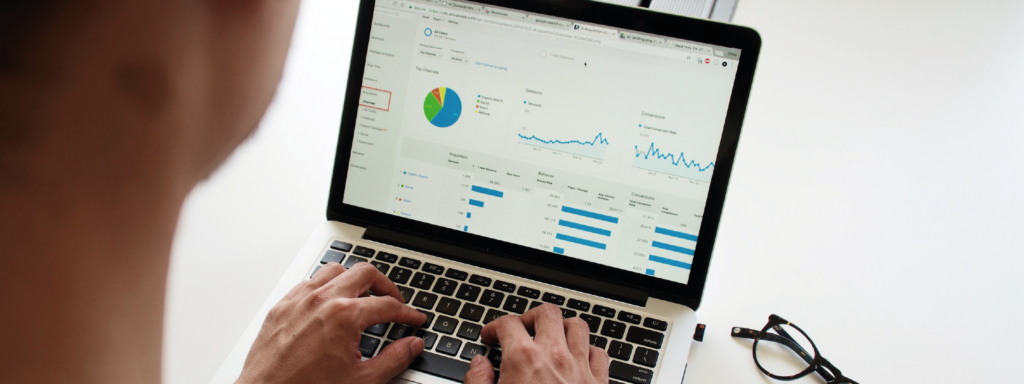
Regular exposure to data gives us so many opportunities to turn it into insights, but often our ability to use this information for accurate decision-making is clouded by other factors.
Data has an image problem. And I’m not talking about data breaches or security, rather its broader societal perception. Too often, people think of data as complex charts and dashboards that require expert knowledge to decipher. Given the huge volumes of information that define how we live and work, that perspective is inaccurate and unrealistic. It’s time we debunk that myth.
The first point to make is that we are all exposed to more data than we realize every day. That means we are also all better positioned to understand data, and develop data skills, than we think. Regular exposure to data gives us so many opportunities to turn it into insights, but often our ability to use this information for accurate decision-making is clouded by other factors.
For example, we are constantly making decisions IN RELATIONS TO DATA, both conscious and subconscious, that are based on incorrect information or information taken out of context. This could be as a result of misinformation, jumping to conclusions without considering the consequences, or making decisions without first understanding the full context.
These decisions can be trivial, but the same principles and processes can be applied to more strategic areas, whether in general life or business. To avoid falling victim to poor choices, it can help to understand what obstructs optimal decision-making. This is all about connecting the various pieces of data we are exposed to together to help us make the best decisions possible. It also helps to understand the science behind how our brains make decisions, which can prevent common mistakes driven by how we are innately wired.
After all, most of the decisions we make in life are greatly influenced by data. This isn’t just numbers in a spreadsheet, it can be any type of information – in a newspaper, on television or in books. Processing this as part of the decision-making process requires a basic understanding of data and what it means. Just as much as this can support decision-making, this understanding is also important to help challenge our assumptions and possible unconscious bias that is altering our perspectives.
Data literacy is important, and anyone has the potential to develop these skills. Now is the time to get started to make data-informed decisions in all areas of life.
To read more on this subject, check out Kevin’s book – Turning Data into Wisdom: How We Can Collaborate with Data to Change Ourselves, Our Organizations, and Even the World – which is available here.